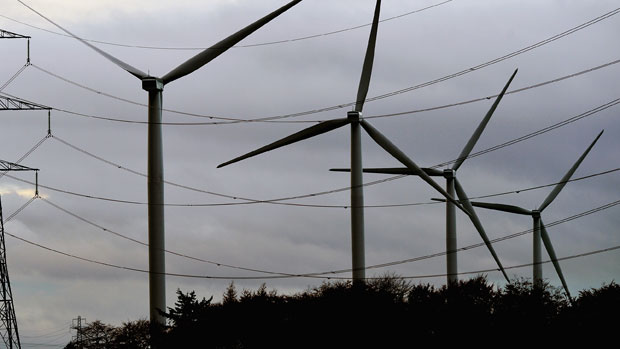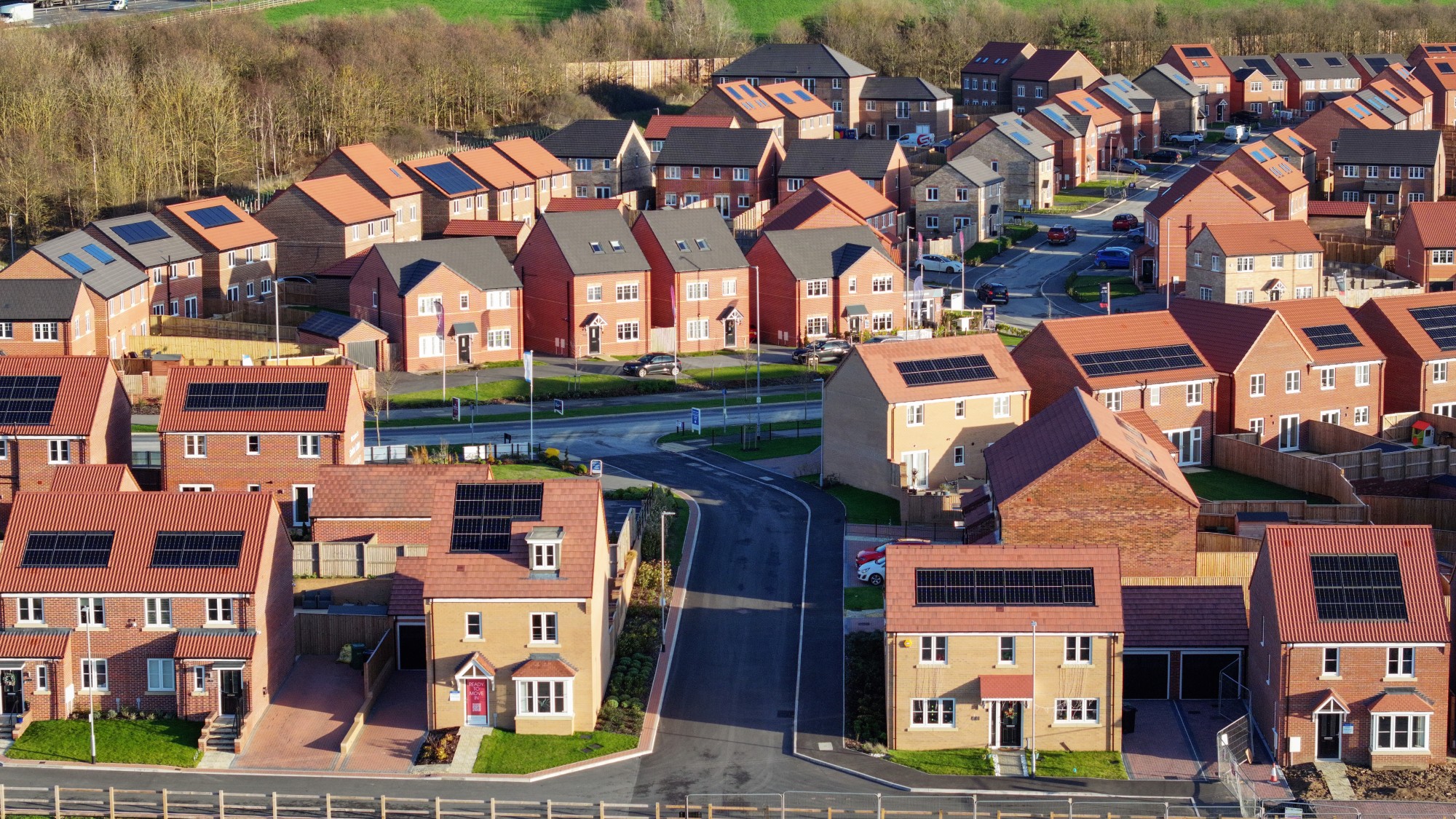Climate scientists call for trebling of green energy
Catastrophic climate change can only be averted if we adopt nuclear, wind and solar power in a big way, says UN

A free daily email with the biggest news stories of the day – and the best features from TheWeek.com
You are now subscribed
Your newsletter sign-up was successful
UN CLIMATE scientists will today call for a trebling of renewable energy in order to reduce carbon emissions and limit the expected increase in global temperatures to 2C.
The report by the United Nations climate panel, released todayin Berlin, is the third and final one to be presented before the next UN climate conference in Paris in 2015. The first report argued that global temperatures would rise by between 0.3 and 4.8C by the end of the century and sea levels would rise by 26-82cm by 2100. The second detailed the likely consequences of these changes.
Today’s report says that if we are to avert a catastrophic rise in temperatures (above 2C), we must invest 1-2 per cent of GDP to replace power plants that burn fossil fuels like coal and oil, the major cause of global warming, with renewable sources, the Observer reports.
The Week
Escape your echo chamber. Get the facts behind the news, plus analysis from multiple perspectives.

Sign up for The Week's Free Newsletters
From our morning news briefing to a weekly Good News Newsletter, get the best of The Week delivered directly to your inbox.
From our morning news briefing to a weekly Good News Newsletter, get the best of The Week delivered directly to your inbox.
Scientists recommend we should adopt nuclear power, wind and solar. They also reluctantly endorse gas as the least carbon-intensive fossil fuel.
The report is likely to prove controversial in the UK, with the Conservative Party recently turning against onshore wind farms, which are much cheaper than offshore wind farms. Tory Party Chairman Grant Shapps has suggested that there would be a pledge to curb onshore wind farms in their manifesto for the 2015 general election.
Tory MP Chris Heaton-Harris told the Sunday Telegraph that the UK should concentrate on developing another, controversial, form of fossil fuel, shale gas: “This report is backward looking. We can be a lot greener, emit less carbon and produce cheaper energy if we switch to shale gas rather than ploughing our money into wind farms that plunge the poorest people into fuel poverty.”
However, the Conservatives could now face pressure to drop its growing opposition to wind farms. Christian Aid's senior climate change advisor, Mohamed Adow, said: "Renewable energy is backed by the public; wind power has the support of two thirds (66%) of Britons and the CBI has called on action to tackle climate change.
A free daily email with the biggest news stories of the day – and the best features from TheWeek.com
"The government should be doing all it can to put the UK at the forefront of this energy revolution not blowing hot and cold on the issue.”
-
 Minnesota's legal system buckles under Trump's ICE surge
Minnesota's legal system buckles under Trump's ICE surgeIN THE SPOTLIGHT Mass arrests and chaotic administration have pushed Twin Cities courts to the brink as lawyers and judges alike struggle to keep pace with ICE’s activity
-
 Big-time money squabbles: the conflict over California’s proposed billionaire tax
Big-time money squabbles: the conflict over California’s proposed billionaire taxTalking Points Californians worth more than $1.1 billion would pay a one-time 5% tax
-
 ‘The West needs people’
‘The West needs people’Instant Opinion Opinion, comment and editorials of the day
-
 The world is entering an ‘era of water bankruptcy’
The world is entering an ‘era of water bankruptcy’The explainer Water might soon be more valuable than gold
-
 Zero-bills homes: how you could pay nothing for your energy
Zero-bills homes: how you could pay nothing for your energyThe Explainer The scheme, introduced by Octopus Energy, uses ‘bill-busting’ and ‘cutting-edge’ technology to remove energy bills altogether
-
 Climate change could lead to a reptile ‘sexpocalypse’
Climate change could lead to a reptile ‘sexpocalypse’Under the radar The gender gap has hit the animal kingdom
-
 The former largest iceberg is turning blue. It’s a bad sign.
The former largest iceberg is turning blue. It’s a bad sign.Under the radar It is quickly melting away
-
 How drones detected a deadly threat to Arctic whales
How drones detected a deadly threat to Arctic whalesUnder the radar Monitoring the sea in the air
-
 ‘Jumping genes’: how polar bears are rewiring their DNA to survive the warming Arctic
‘Jumping genes’: how polar bears are rewiring their DNA to survive the warming ArcticUnder the radar The species is adapting to warmer temperatures
-
 Environment breakthroughs of 2025
Environment breakthroughs of 2025In Depth Progress was made this year on carbon dioxide tracking, food waste upcycling, sodium batteries, microplastic monitoring and green concrete
-
 Crest falling: Mount Rainier and 4 other mountains are losing height
Crest falling: Mount Rainier and 4 other mountains are losing heightUnder the radar Its peak elevation is approximately 20 feet lower than it once was